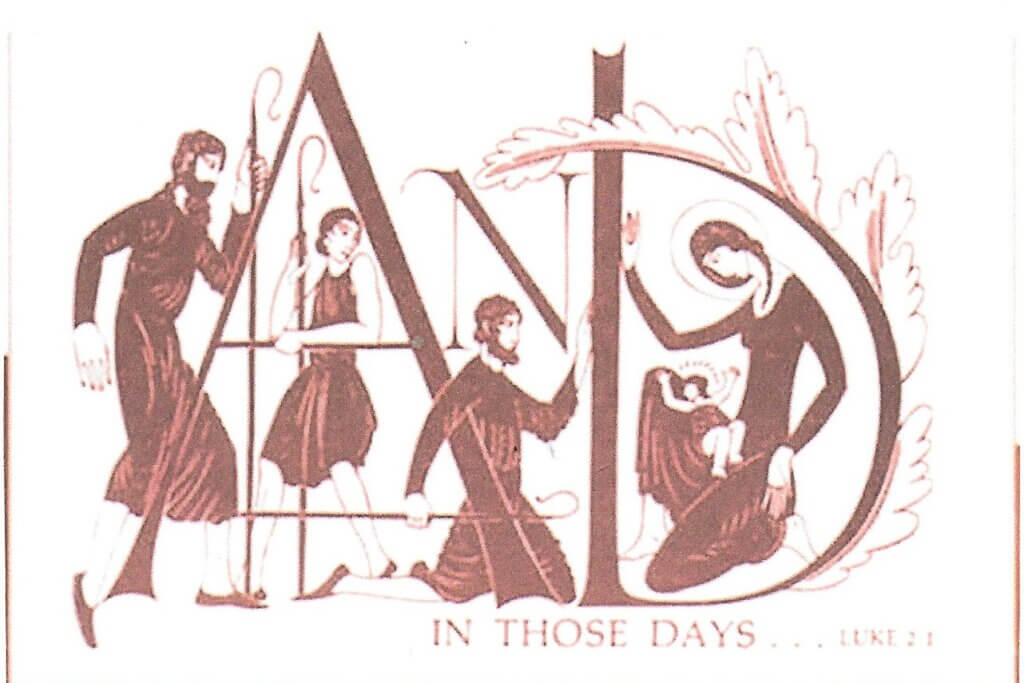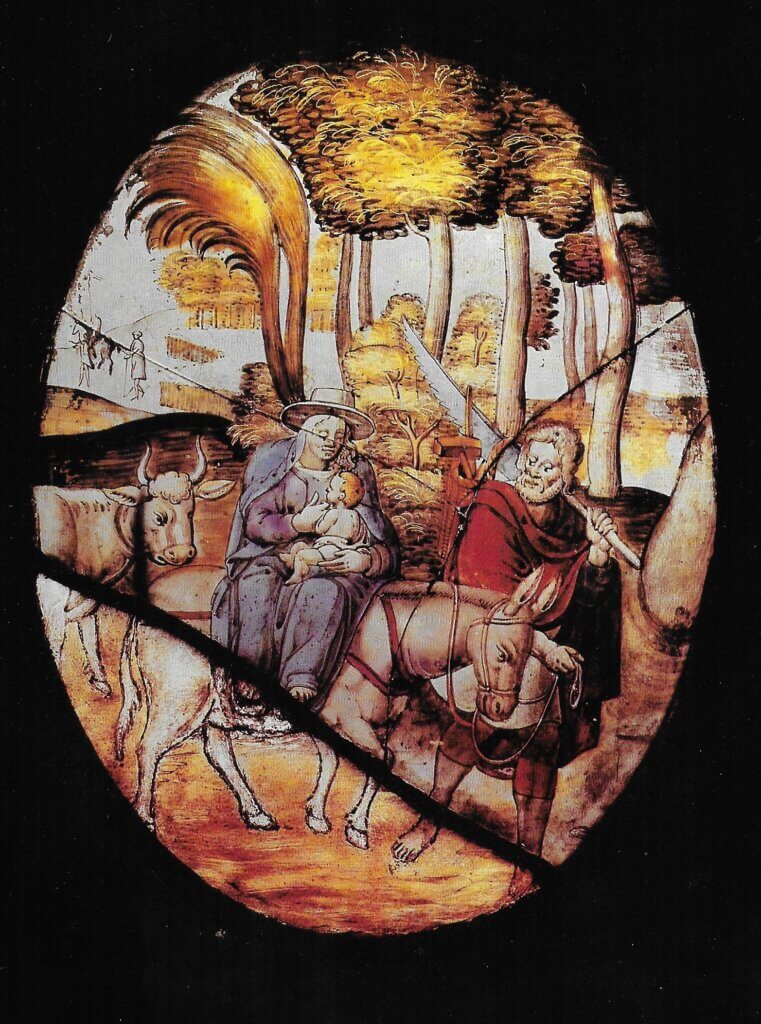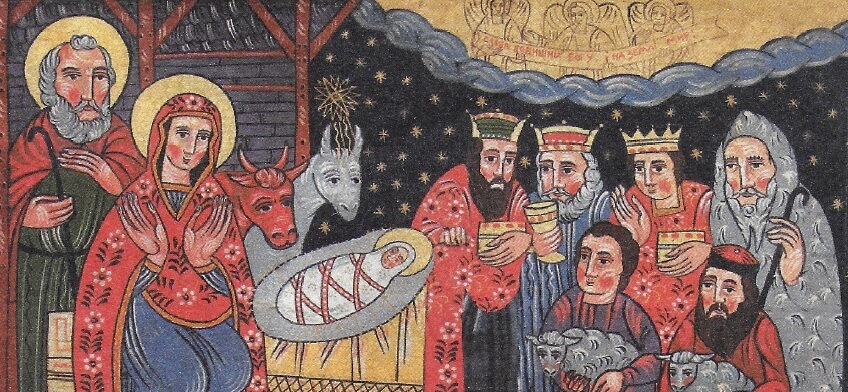Christmas 2020 – Listen to T.S.Eliot and Hugh Laurie reading “Journey of the Magi”, Read J.R.R.Tolkien’s, Noel, and G.K.Chesterton’s “The House of Christmas” and Liverpool poet, Stewart Henderson’s ,new 2020 Christmas poem, What did you get for Christmas?
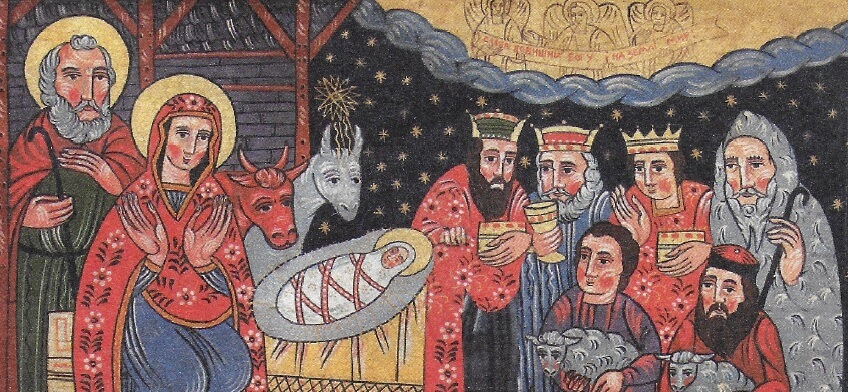
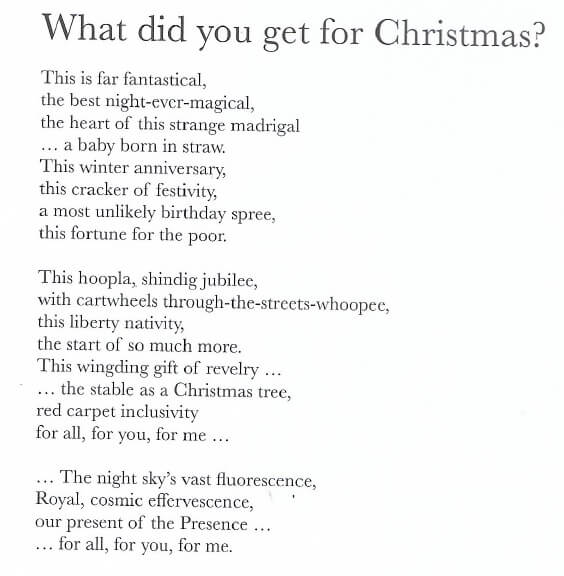
, Stewart springs from that tradition, combining humour and erudition, shining a light into our most complicated places. Meeting him and Carol, and serving on his Council of Reference, watching what he calls his “High Wire Acts” has been a privilege.
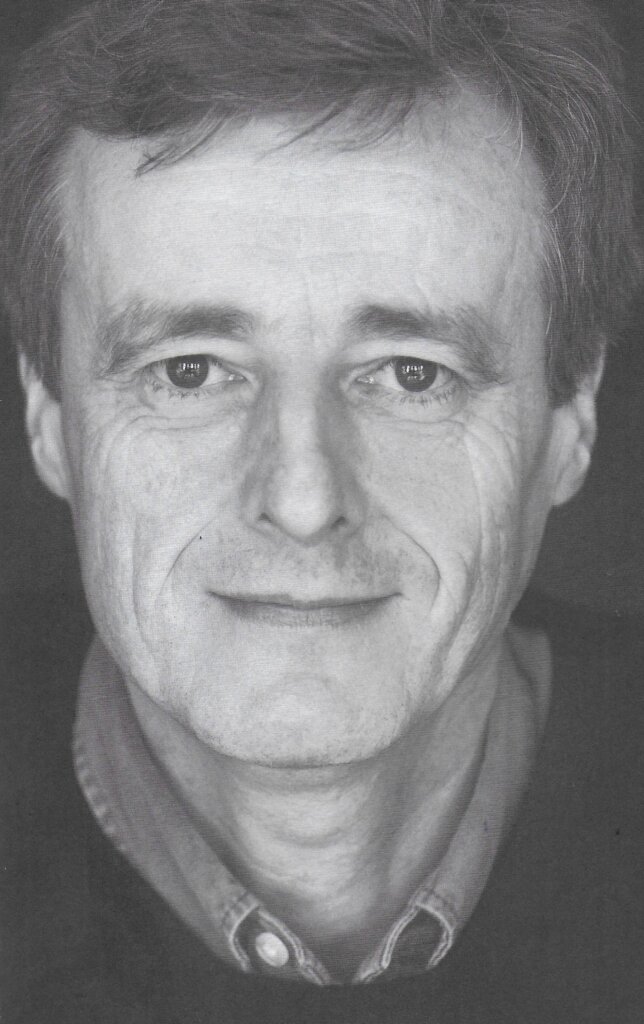
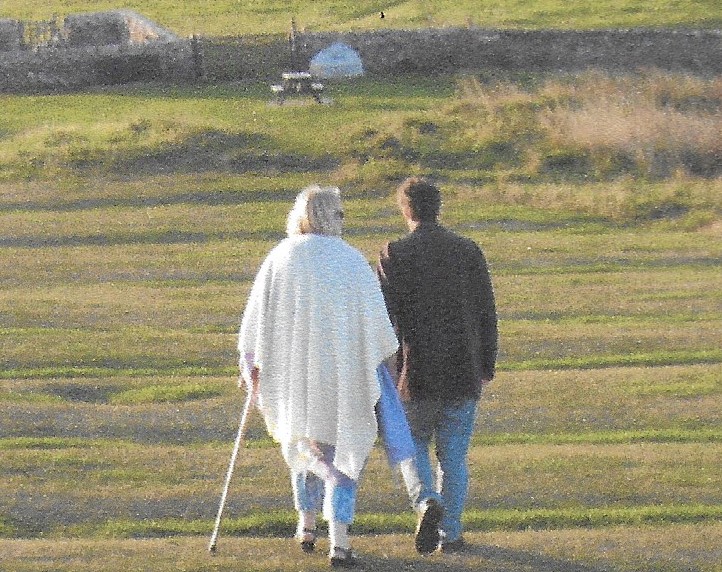
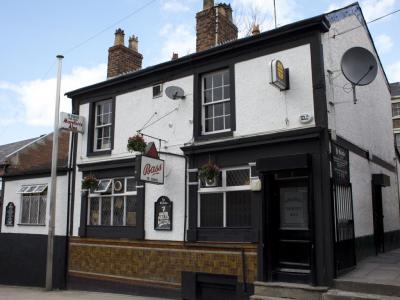
| Listen to T.S.Eliot reading “Journey of the Magi“ https://www.youtube.com/watch?v=BCVnuEWXQcg Hugh Laurie reads Journey of the Magi: https://www.youtube.com/watch?v=qyas4QpWM-E |
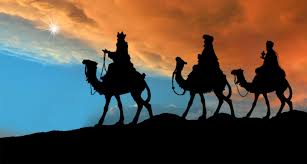
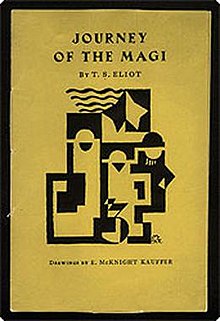
| Noel by J.R.R. Tolkien, author of Lord of the Rings. Tolkien celebrates the triumph of Mary in a moment of darkness. Grim was the world and grey last night: The moon and stars were fled, The hall was dark without song or light, The fires were fallen dead. The wind in the trees was like to the sea, And over the mountains’ teeth It whistled bitter-cold and free, As a sword leapt from its sheath. The lord of snows upreared his head; His mantle long and pale Upon the bitter blast was spread And hung o’er hill and dale. The world was blind, the boughs were bent, All ways and paths were wild: Then the veil of cloud apart was rent, And here was born a Child. The ancient dome of heaven sheer Was pricked with distant light; A star came shining white and clear Alone above the night. In the dale of dark in that hour of birth One voice on a sudden sang: Then all the bells in Heaven and Earth Together at midnight rang. Mary sang in this world below: They heard her song arise O’er mist and over mountain snow To the walls of Paradise, And the tongue of many bells was stirred in Heaven’s towers to ring When the voice of mortal maid was heard, That was mother of Heaven’s King. Glad is the world and fair this night With stars about its head, And the hall is filled with laughter and light, And fires are burning red. The bells of Paradise now ring With bells of Christendom, And Gloria, Gloria we will sing That God on earth is come. |
| J.R.R. Tolkien wrote ‘Noel’ when he was Professor of Anglo-Saxon at the University of Oxford. It was published in and was rediscovered in 2013 . ‘Noel’ is a retelling of the Christmas story from the perspective of the Blessed Virgin. The grey winter opening scene gives way to Mary’s singing and the triumphant ringing of Heaven’s bells at Christ’s birth. |
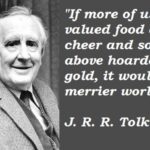
.
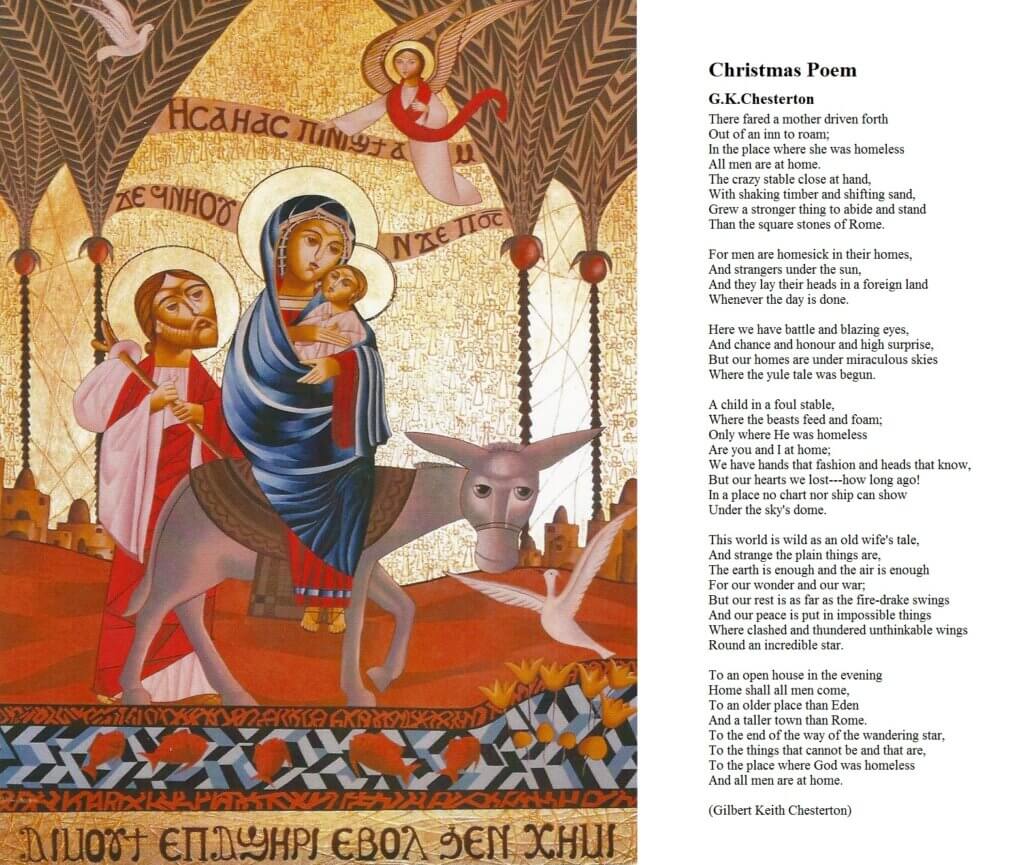
G.K.Chesterton on Christmas.
In “All Things Considered” Chesterton wrote “What life and death may be to a turkey is not my business; but the soul of Scrooge and the body of Cratchit are my business”.
Chesterton’s insistence that we mustn’t be half hearted in our celebrations strongly contrasted with the prohibitions of Oliver Cromwell and the Puritans.
The seventeenth century Puritan-dominated Parliament said Christmas was “a popish festival” with no biblical justification and replaced it with a day of fasting – and it took King Charles II, in 1660, to restore the festivities. Poor Robin’s Almanack celebrated the restoration: “Now thanks to God for Charles return; Whose absence made old Christmas mourn; For then we scarcely did it know; Whether it Christmas were or no”.
But the Puritans were mild compared with what followed.
The atheistic French revolutionaries banned Christian Christmas services and in a foreshadowing of some of our politically correct twenty-first century ideologies the three kings cake had to be renamed “the equality cake.”
By the twentieth century their atheistic Soviet heirs had outlawed Christmas celebrations – encouraging school children to spit on crucifixes – while Joseph Perry ( “How the Nazis co-opted Christmas: A history of propaganda”) says “because Nazi ideologues saw organized religion as an enemy of the totalitarian state, propagandists sought to deemphasize—or eliminate altogether—the Christian aspects of the holiday” and, consequently “propagandists tirelessly promoted numerous Nazified Christmas songs, which replaced Christian themes with the regime’s racial ideologies.”
In England, in our own times, Christmas-deniers have tried to rebrand the festival by calling it Wintermas, or some such, and wishing visitors or customers “Happy Holidays” – anything but Christmas.
The contemporary festivities that many of us will enjoy – although muted y Covid 19 – had their origins in the reign of Queen Victoria – inspired by the writings of Charles Dickens. Chesterton argued that Dickens saved Christmas for England.
He also insisted that beyond the raised glass and the fatted bird, there is a literally an earth-shattering story that must be told.
I particularly like his paradoxical call to give “Glory to God in His Lowest” and his description of “ the hands that had made the sun and stars were too small to reach the huge heads of the cattle.”

“Christmas is built upon a beautiful and intentional paradox; that the birth of the homeless should be celebrated in every home….The great majority of people will go on observing forms that cannot be explained; they will keep Christmas Day with Christmas gifts and Christmas benedictions; they will continue to do it; and some day suddenly wake up and discover why.” – G.K.Chesterton
